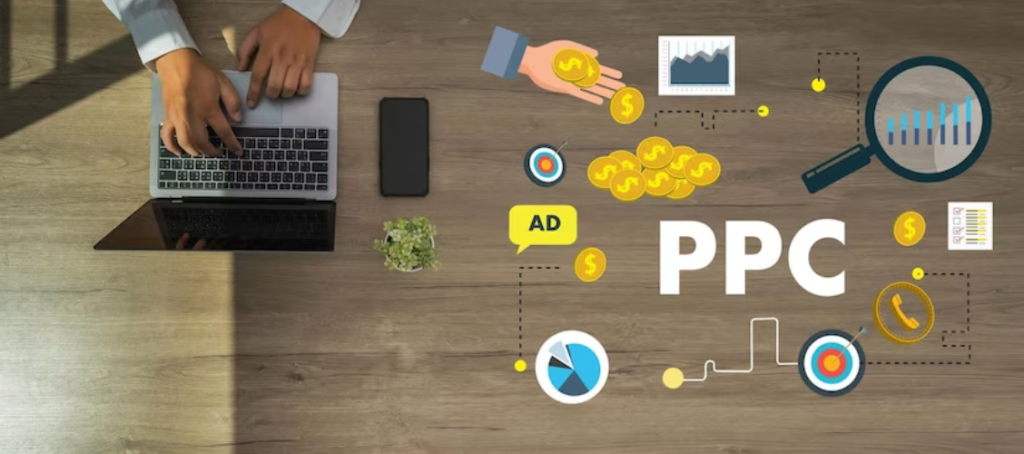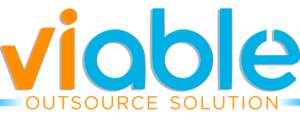
10 Best Strategies to Optimize Your PPC Campaign
Pay-per-click (PPC) advertising can be a powerful tool in your digital marketing arsenal, driving targeted traffic and conversions to your website. However, to truly maximize the effectiveness of your PPC campaigns, you need to employ smart strategies that optimize every aspect of your campaign. Whether you’re a seasoned marketer or just starting, here are 10 top strategies to help you get the most out of your PPC efforts. Additionally, consider outsourcing PPC services to amplify your campaign’s impact.
1- Keyword Research and Selection:
One of the fundamental pillars of a successful PPC campaign is thorough keyword research. Identify the keywords and phrases that your target audience is searching for and incorporate them into your campaign. Utilize tools like Google Keyword Planner, SEMrush, or Ahrefs to discover relevant keywords with high search volumes and low competition.
2- Ad Copy Optimization:
Crafting compelling ad copy is essential to capturing the attention of your audience and enticing them to click on your ads. Focus on creating concise, relevant, and persuasive copy that highlights the unique selling points of your products or services. Test different variations of your ad copy to see which resonates best with your audience.
3- Landing Page Optimization:
Once a user clicks on your ad, the landing page they’re directed to plays a crucial role in converting them into customers. Make sure your landing pages are user-friendly, have calls to action that are obvious, and have pertinent content if you want to maximize conversions. Test different elements of your landing pages, such as headlines, images, and forms, to improve their effectiveness.
4- Ad Extensions:
Take advantage of ad extensions to give your target audience more details and value. Extensions like site links, callouts, and structured snippets can help make your ads more informative and engaging, potentially increasing click-through rates and conversions.
5- Negative Keywords:
Exclude irrelevant search terms by using negative keywords to prevent your ads from appearing for searches that are unlikely to result in conversions. Regularly review your search terms report and add negative keywords to refine your targeting and improve your campaign’s ROI.
6- Ad Scheduling:
Analyze your campaign data to identify the times and days when your ads perform best, and adjust your ad scheduling accordingly. By targeting your ads during peak times, you can maximize their exposure and increase the likelihood of capturing qualified leads.
7- Geo-Targeting:
Tailor your PPC campaigns to specific geographic locations to reach customers in your target market more effectively. Whether you’re targeting a local audience or expanding into new regions, geo-targeting allows you to focus your budget on the areas where your business is most likely to succeed.
8- Device Targeting:
Consider the devices that your target audience is using to access the internet and adjust your bidding and ad formatting accordingly. Whether it’s desktops, laptops, tablets, or mobile devices, optimizing your campaigns for different devices can help improve performance and drive better results.
9- Conversion Tracking:
Set up conversion tracking to measure the effectiveness of your PPC campaigns and attribute conversions back to specific ads and keywords. Tracking key metrics like conversion rate, cost per conversion, and return on ad spend (ROAS) allows you to identify areas for improvement and optimize your campaigns for better results.
10- Continuous Testing and Optimization:
PPC advertising is an iterative process, and continuous testing and optimization are key to long-term success. Experiment with different strategies, ad formats, targeting options, and bidding strategies to identify what works best for your business and adapt your campaigns accordingly.
In conclusion, optimizing your PPC campaigns requires a combination of strategic planning, data analysis, and ongoing refinement. By implementing these 10 best practices, you can enhance the performance of your PPC campaigns, drive more qualified traffic to your website, and ultimately achieve your marketing goals. Remember, successful PPC campaigns often require expertise and time. If managing PPC campaigns seems daunting or you lack the resources in-house, consider outsourcing PPC services or hire a Google Ads expert to help you navigate the complexities of PPC advertising and achieve better results.
